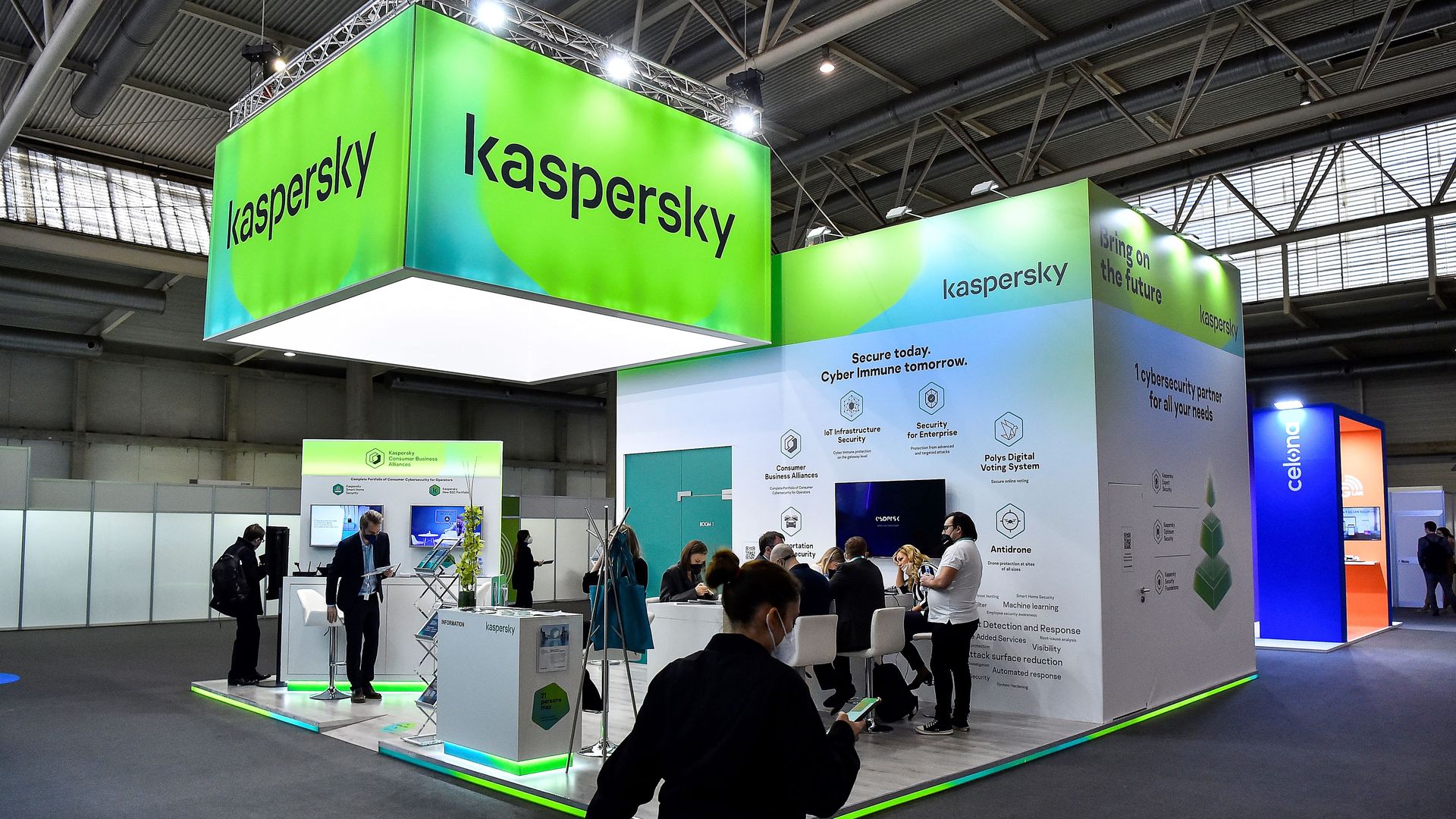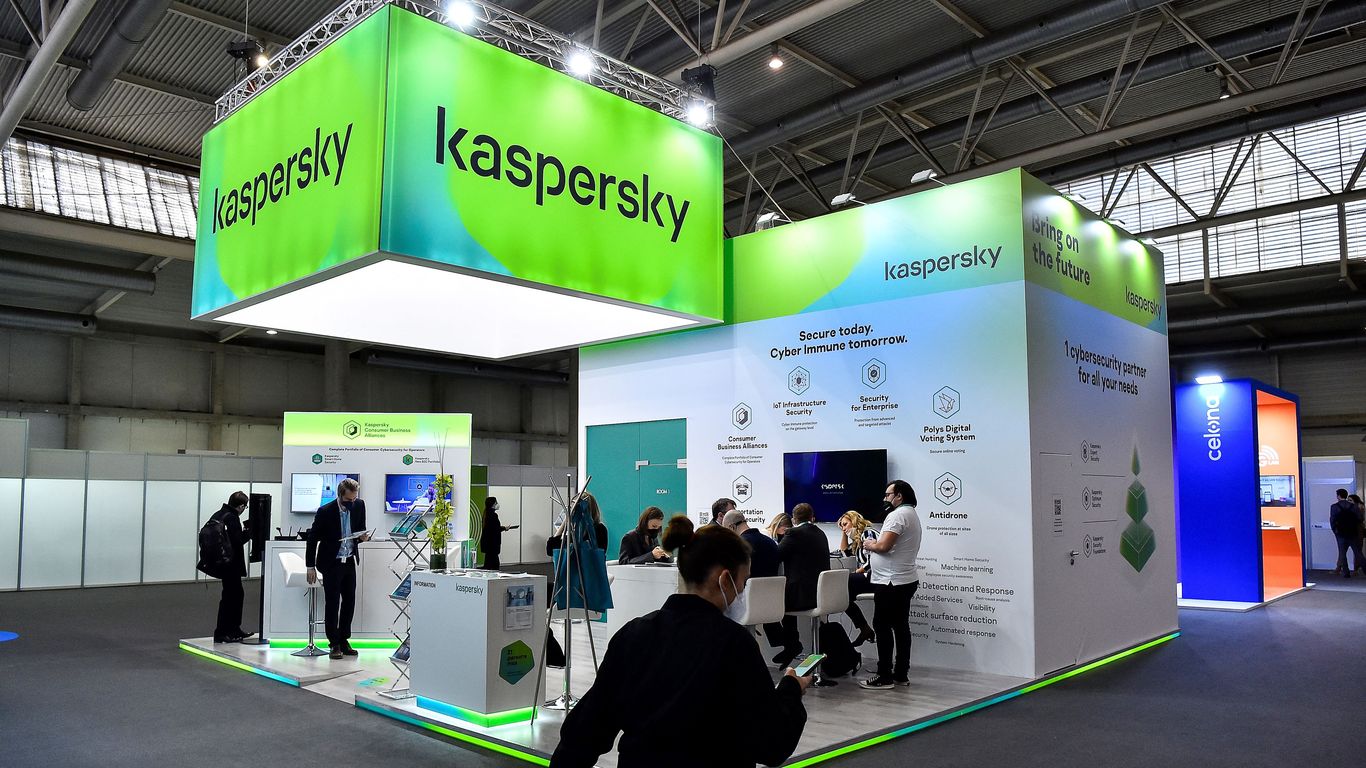
Russian cybersecurity company Kaspersky Lab is shutting down its operations in the United States following sanctions imposed by the U.S. government on the company and its executives.
According to multiple reports, Kaspersky will begin laying off US-based employees later this week and will completely wind down its business in the country by July 20, 2024.
The decision comes after the U.S. Department of Commerce added Kaspersky Lab, OOO Kaspersky Group (Russia), and Kaspersky Labs Limited (United Kingdom) to its Entity List in June, effectively prohibiting any U.S. business from conducting transactions with these entities.
The sanctions were imposed due to concerns over the Russian government's influence or direct control of Kaspersky's operations and potential cybersecurity risks to national security.
Kaspersky Lab has denied these allegations, stating that it has been operating in the US for almost 20 years and contributing to the nation's strategic cybersecurity goals by safeguarding organizations and individuals from ever-evolving cyberthreats.
However, with business opportunities in the country no longer viable due to the sanctions, Kaspersky Lab has made the difficult decision to shut down its US operations.
The company will maintain its operations outside of the United States and continue investing in strategic markets to serve its customers and partners and ensure their protection.




